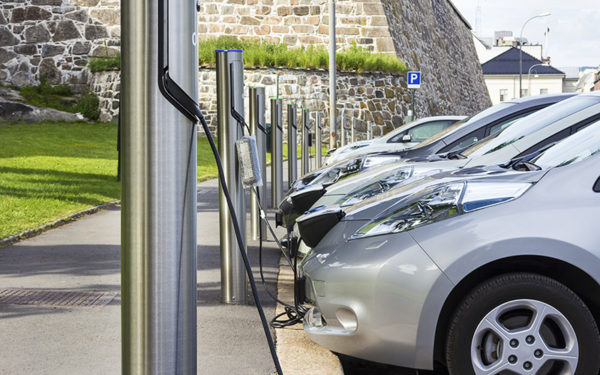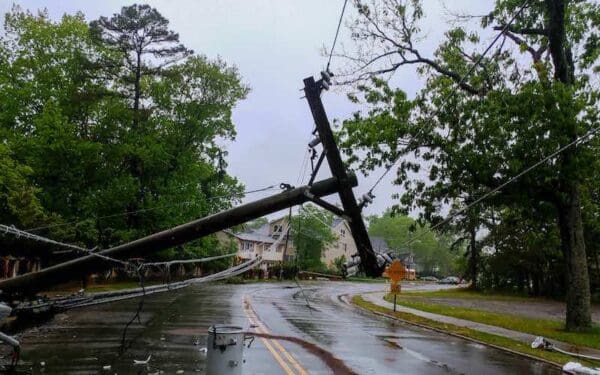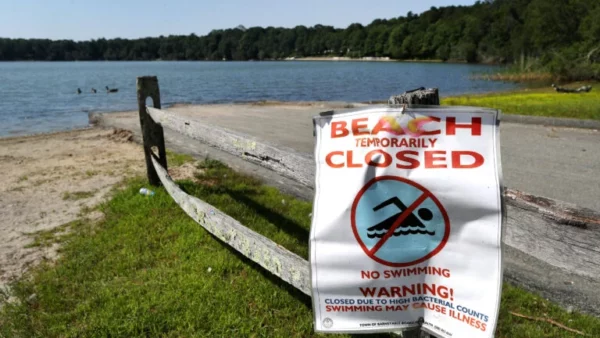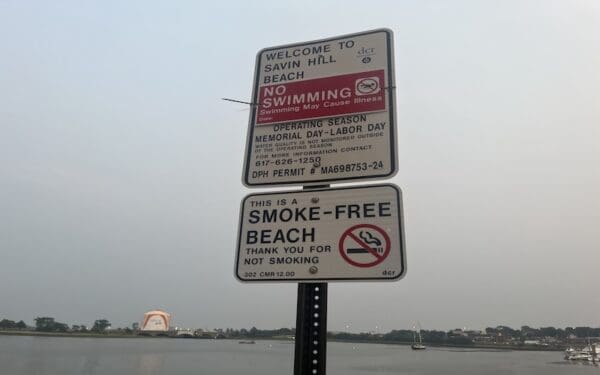New Study: Going 100% with Clean Car Rule Would Deliver $21 Billion in Societal Benefits
Maine’s proposed rule to spur electric vehicle purchases should go farther

Maine’s proposed rule to spur electric vehicle purchases should go farther

Massachusetts’ waterfronts have always played a critical role in the state’s economy, supporting our fishing, shipping, and energy industries, among others. But those industrial uses haven’t always benefitted the communities that host them.

Here’s how and why CLF is pushing the Healey administration to reach net zero by 2050.

While Big Gas is still trying to peddle its climate-damaging products, regional officials seem poised to recognize the power of solar and wind energy.

“Allowing these companies to keep charging customers for storm cleanup over and over is an outrage,” said Johannes Epke, CLF. “It should be up to the utilities to make their infrastructure resilient to the frequent, climate-driven storms we’re seeing more and more. It’s time to change state rules that allow these companies to pass the bill on to Massachusetts families and businesses and hold utilities responsible instead.”

Numerous beach closures in the summer of 2023 were a result of climate change and stormwater pollution.

“Harmful emissions from gas-powered cars and trucks are driving the climate crisis and polluting the air in our communities,” said Greg Cunningham, Vice President of Clean Energy and Climate Change at CLF. “In creating these new rules, the state has an opportunity to tackle the climate crisis while cleaning up the air for families in Maine. But the draft released today doesn’t go far enough, and we’ll be pushing officials to ensure 100% of cars and passenger trucks sold are electric by 2035.”

Beaches across the Boston area are closed during the hottest week of the year. Climate-driven extreme rainfall is to blame.

“The climate crisis is already affecting communities here in Rhode Island,” said CLF staff attorney James Crowley. “We need new offshore wind resources to provide clean, renewable energy, and it’s extremely disappointing that the state’s latest procurement process has not resulted in any new development. Ramping up the development of clean energy is a major response to the crisis we’re facing, and the state needs to get moving.”

When temperatures climb, this climate-friendly technology can help keep you cool, too
